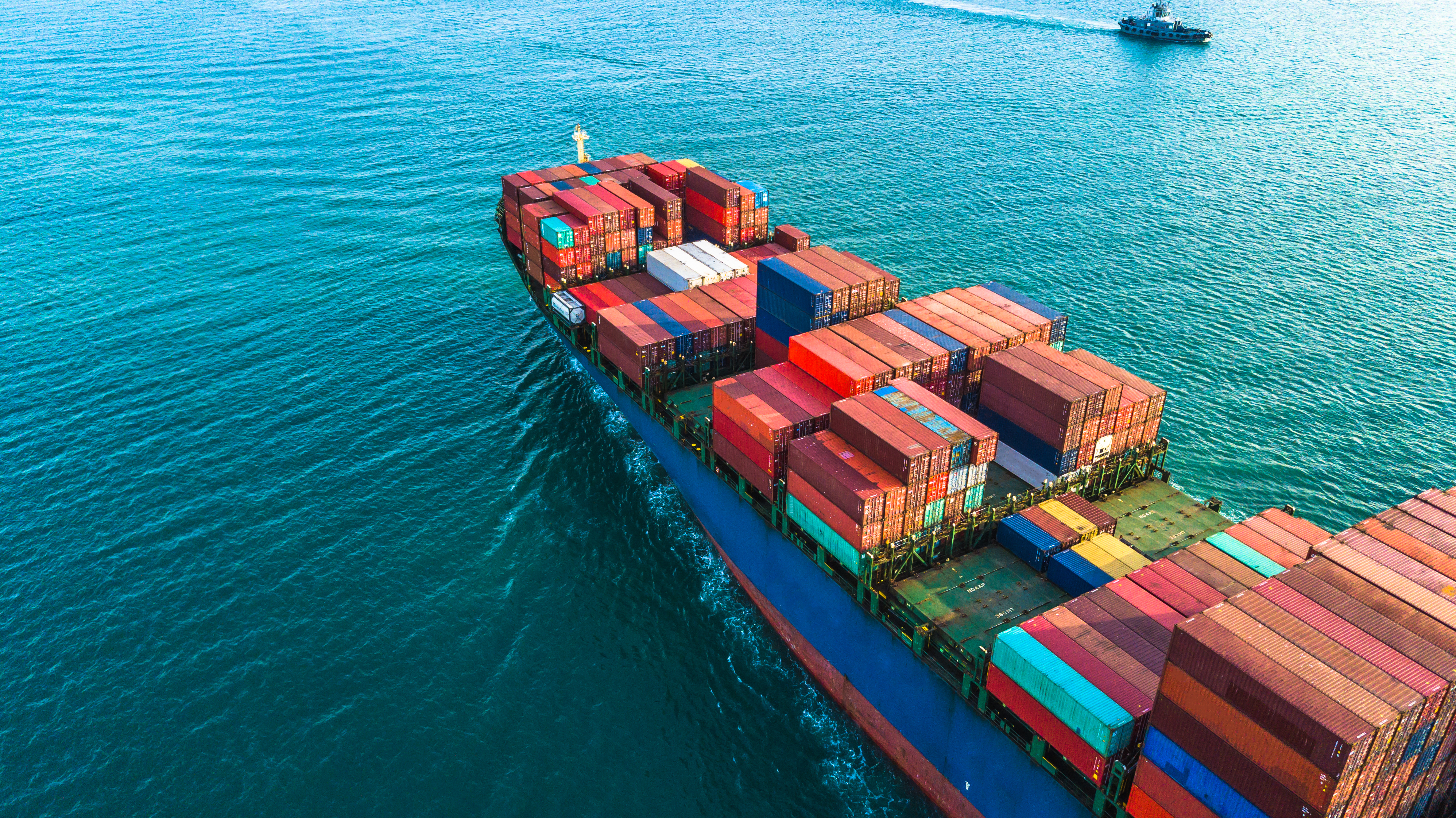Sovereign immunity in an airline context
Two recent decisions of Australian courts have considered the application of the Foreign States Immunities Act 1985 (Cth) (Immunities Act) to claims involving commercial aviation operations.
In brief
Two recent decisions of Australian courts have considered the application of the Foreign States Immunities Act 1985 (Cth) (Immunities Act) to claims involving commercial aviation operations.
Greylag Goose Leasing 1410 Designated Activity Company & Anor v P.T. Garuda Indonesia Ltd [2024] HCA 21
Greylag Goose demanded that Garuda pay it over US$435million in relation to aircraft leases and subsequently commenced winding up proceedings against Garuda.
Garuda sought to set aside the originating process on the basis that the Supreme Court of New South Wales lacked jurisdiction by operation of sections 9 and 22 of the Immunities Act.
It was agreed by the parties that Garuda is an agency or instrumentality of the Republic of Indonesia and as such is a separate entity of the foreign State within the meaning of the Immunities Act and was entitled to immunity unless an exception to immunity was applicable.
Greylag Goose argued unsuccessfully at first instance and again on appeal to the NSW Court of Appeal that the exception in sections 14(3)(a) and 22 of the Immunities Act applied. It then appealed to the High Court of Australia on the question.
Legislative framework
Under section 9 of the Immunities Act "Except as provided by or under this Act, a foreign State is immune from the jurisdiction of the courts of Australia in a proceeding."
Sections 10 to 21 then create exceptions to the general immunity conferred by section 9.
Relevantly to the Greylag Goose action, section 14(3)(a) provides that "A foreign State is not immune in a proceeding in so far as the proceeding concerns…bankruptcy, insolvency or the winding up of a body corporate…"
Section 22 states that the provisions 'apply in relation to a separate entity of a foreign State as they apply in relation to the foreign State'.
"Separate entity" is defined to mean a natural person or body corporate who or that is an agency or instrumentality of the foreign State and is not a department or organ of the executive government of the foreign State.
High Court consideration
After reviewing the text of the legislation and to the contextual background as set out in the Australian Law Reform Commission report prior to its enactment, the majority (Gageler CJ, Gleeson, Jagot, Beech-Jones and Edelman JJ) dismissed Greylag Goose's appeal. They confirmed that sections 14 (3) (a) and 22 create an exception to the general immunity and that exception only applies to winding up proceedings if the proceeding concerns the winding up of another body corporate and not the 'separate entity' itself.
Justices Gordon and Stewart dissented and were of the view that the exception in section 14 (3) (a) should apply to a separate entity just as it applied to any other body corporate.
The upshot was that the winding up of Garuda could not proceed.
DHI22 v Qatar Airways Q.C.S.C (no 3) [2024] FCA 451
This decision of Justice Halley J in the Federal Court of Australia considered the application of the Immunity Act to a claim pressed against the Qatar Civil Aviation Authority (QCAA) by 5 female applicants who had been subjected to intimate and invasive medical examinations following discovery of a newborn baby in a rubbish bin in a toilet cubicle at Doha airport.
The QCAA maintained that it was a 'separate entity' for the purposes of section 22 and it was entitled to foreign State immunity in relation to the claim.
The judgment looked at the background to the Immunity Act and various decisions including those in the Federal Court and the High Court in Garuda v Australian Competition and Consumer Commission (2011) 192 FCR 393 and (2012) 247 CLR 240, the former of which considered the factors to be taken into consideration in determining whether an entity was an instrumentality of agency of a foreign State for the purposes of section 3(1) of the Act.
Justice Halley was satisfied on the evidence that the QCAA was a separate entity entitled to immunity, in circumstances where it carried out functions of the State of Qatar, had no 'owner', its facilities and buildings were public property and its finances were public funds of the State of Qatar, the Qatari government supervised and substantially controlled its operations and it was the government organ or instrumentality that regulated civil aviation in Qatar.
The judge then considered whether the exception in section 11 (1) of the Immunity Act applied, that exception being that "a foreign State is not immune in a proceeding in so far as the proceedings concerns a commercial transaction" as defined in section 11 (3)).
He concluded this was not a commercial transaction but was part of a police operation in purported performance of the State's civic duty to maintain law and order and to try to identify the possible commission of a criminal offence by abandoning a newborn baby in the airport terminal. The QCAA's involvement did not have the character of a 'commercial, trading, business, professional or industrial or like transaction'.
In the circumstances the QCAA was entitled to sovereign immunity in relation to the proceedings.
In a separate judgment at [2024] FCA 348, claims for compensation brought against Qatar Airways by the same applicants in negligence were dismissed on the basis that the exclusivity principle in section 17 of the Montreal Convention 1999 prevented any claim being brought in tort or negligence. Claims under the Montreal Convention could only be brought for injury sustained in an accident on board an aircraft or in the course of embarking or disembarking.
Conclusion
The two decisions on the scope of sovereign immunity substantially develop the understanding of the effect of the legislation and will be looked at closely in other jurisdictions (such as the United Kingdom and Singapore) where similar legislation is in place.
The impact of the Greylag Goose decision regarding the insolvency exception will be of particular interest to insolvency practitioners.

